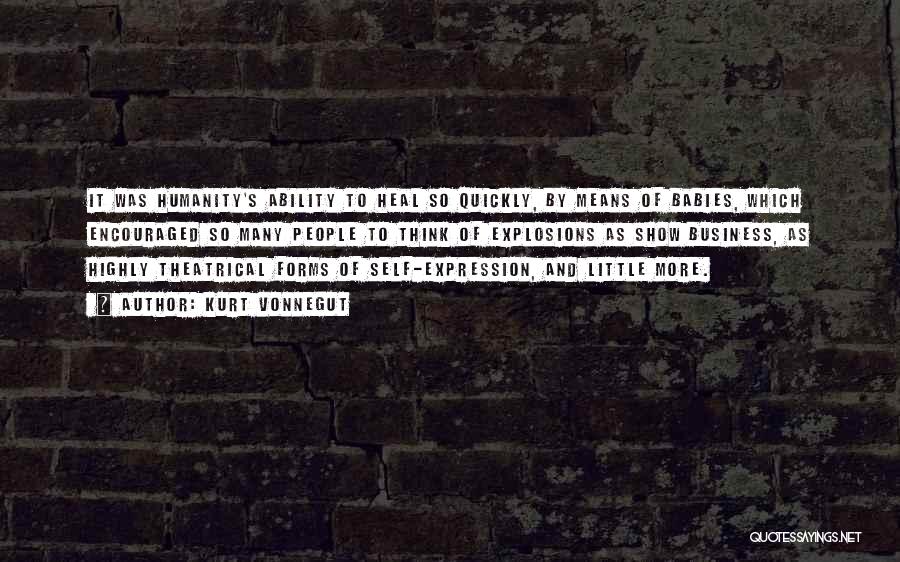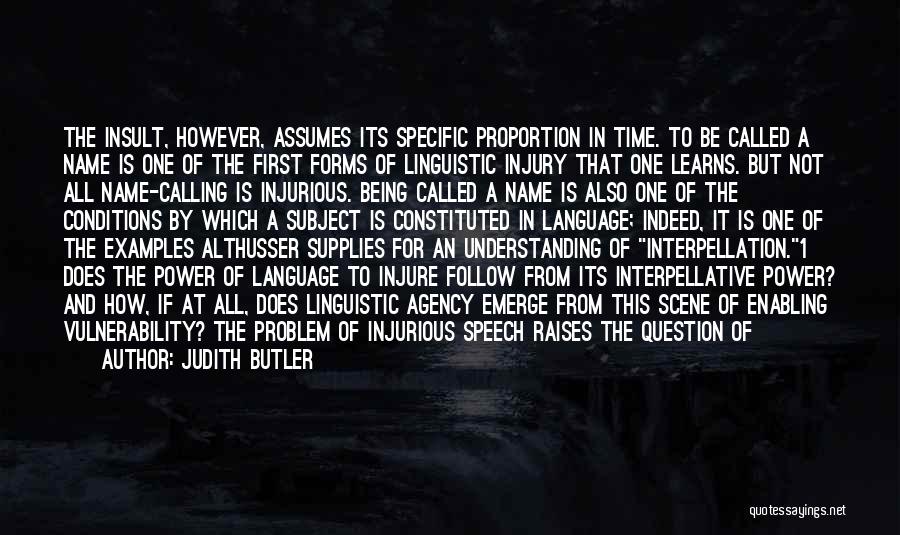Aikenhead Renfrew Quotes & Sayings
Enjoy reading and share 7 famous quotes about Aikenhead Renfrew with everyone.
Top Aikenhead Renfrew Quotes

The honorable William Penn, late governor of Pennsylvania, was chosen agent to the Court of Britain, and directed to deliver the petition to the King himself and to endeavor by his personal influence to procure a favorable reception to this last address. — Mercy Otis Warren

Amis is a force unto himself There is, quite simply, no one else like him. — Jonathan Yardley

The way I look at a musical, you are commenting on the human condition no matter what you do. A musical may be light and frivolous, but by its very nature, it makes some kind of social comment. — Gene Kelly

Civilization has imposed countless restrictions and conventions on each of us, with the result that the subconscious in the majority of us has become a storage room without a key. We are forced to suppress or forget so many events and ideas and thoughts that those to which we should have access are lost in the welter. However, there are people who seem capable of unlocking this part of their minds and extracting relevant information. — Margaret Millar

It was humanity's ability to heal so quickly, by means of babies, which encouraged so many people to think of explosions as show business, as highly theatrical forms of self-expression, and little more. — Kurt Vonnegut

The insult, however, assumes its specific proportion in time. To be called a name is one of the first forms of linguistic injury that one learns. But not all name-calling is injurious. Being called a name is also one of the conditions by which a subject is constituted in language; indeed, it is one of the examples Althusser supplies for an understanding of "interpellation."1 Does the power of language to injure follow from its interpellative power? And how, if at all, does linguistic agency emerge from this scene of enabling vulnerability? The problem of injurious speech raises the question of which words wound, which representations offend, suggesting that we focus on those parts of language that are uttered, utterable, and explicit. And yet, linguistic injury appears to be the effect not only of the words by which one is addressed but the mode of address itself, a mode - a disposition or conventional bearing - that interpellates and constitutes a subject. — Judith Butler






